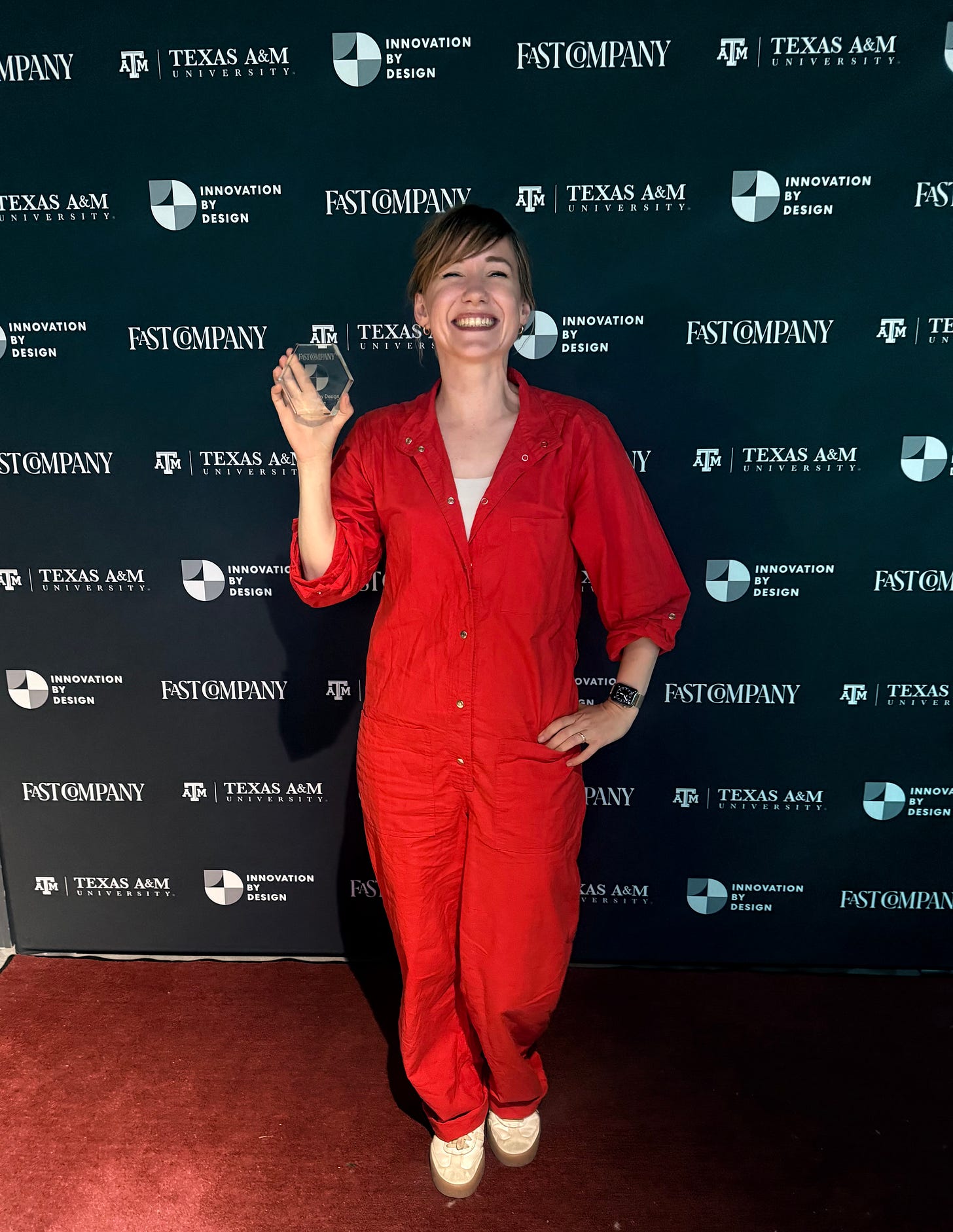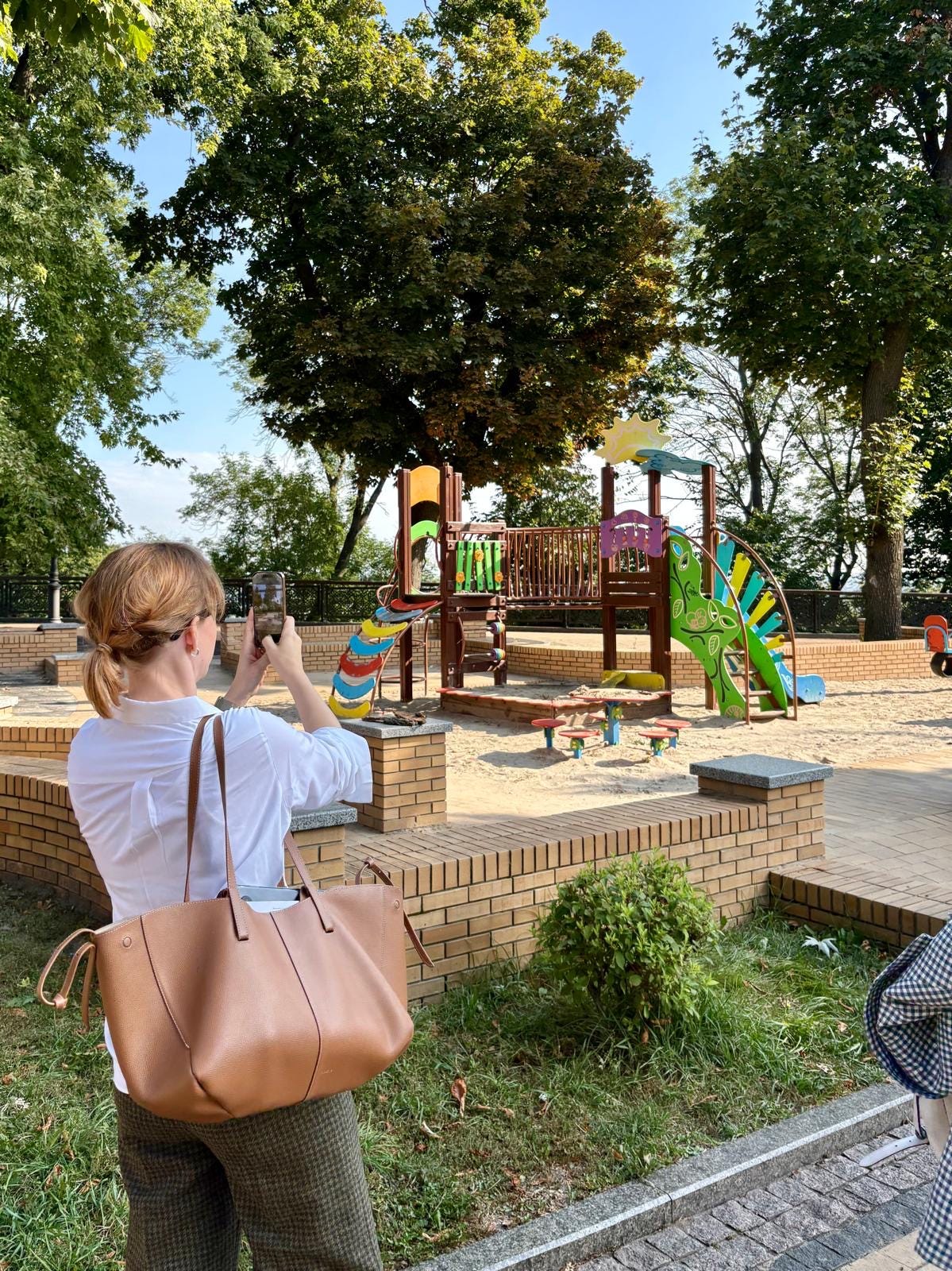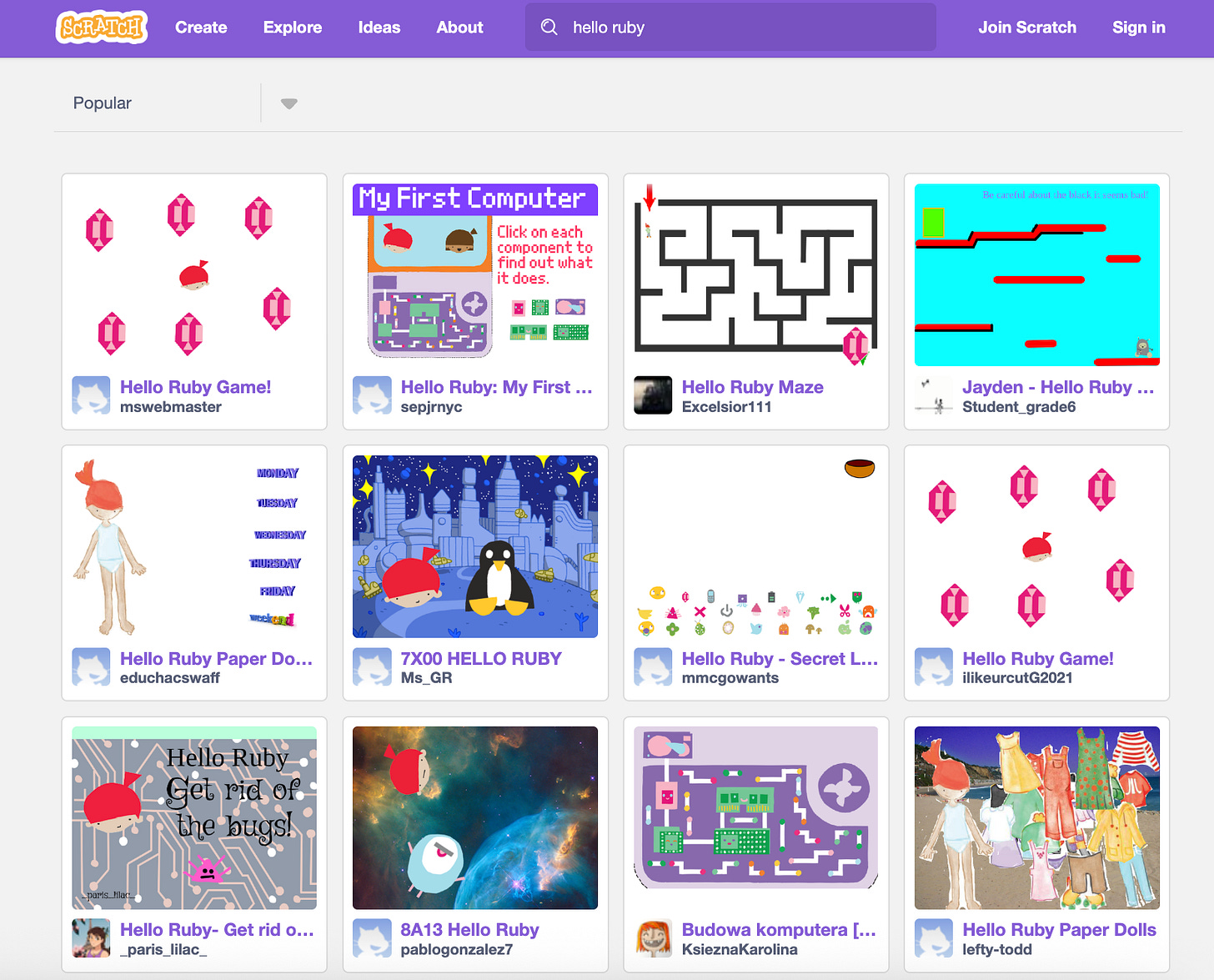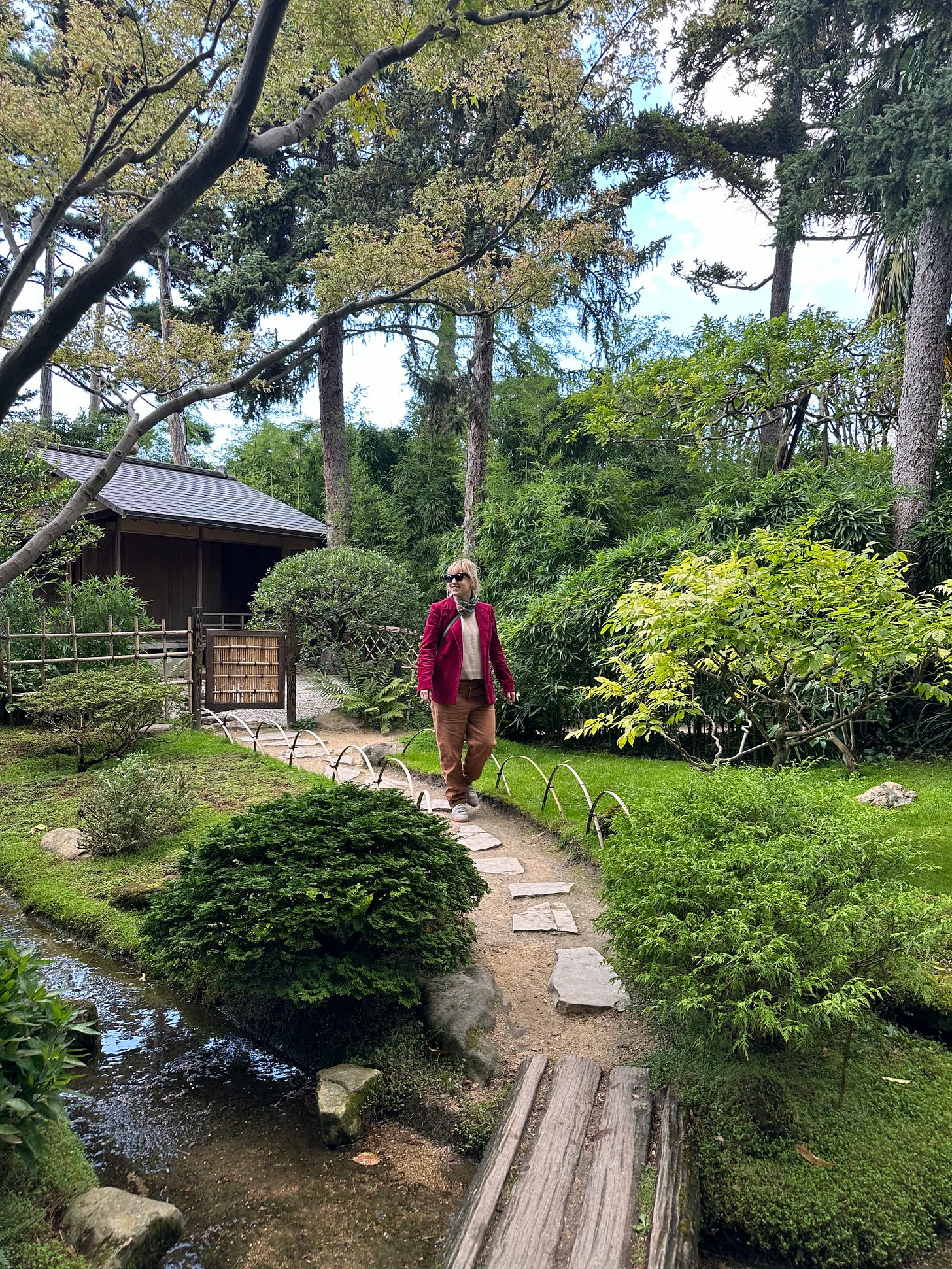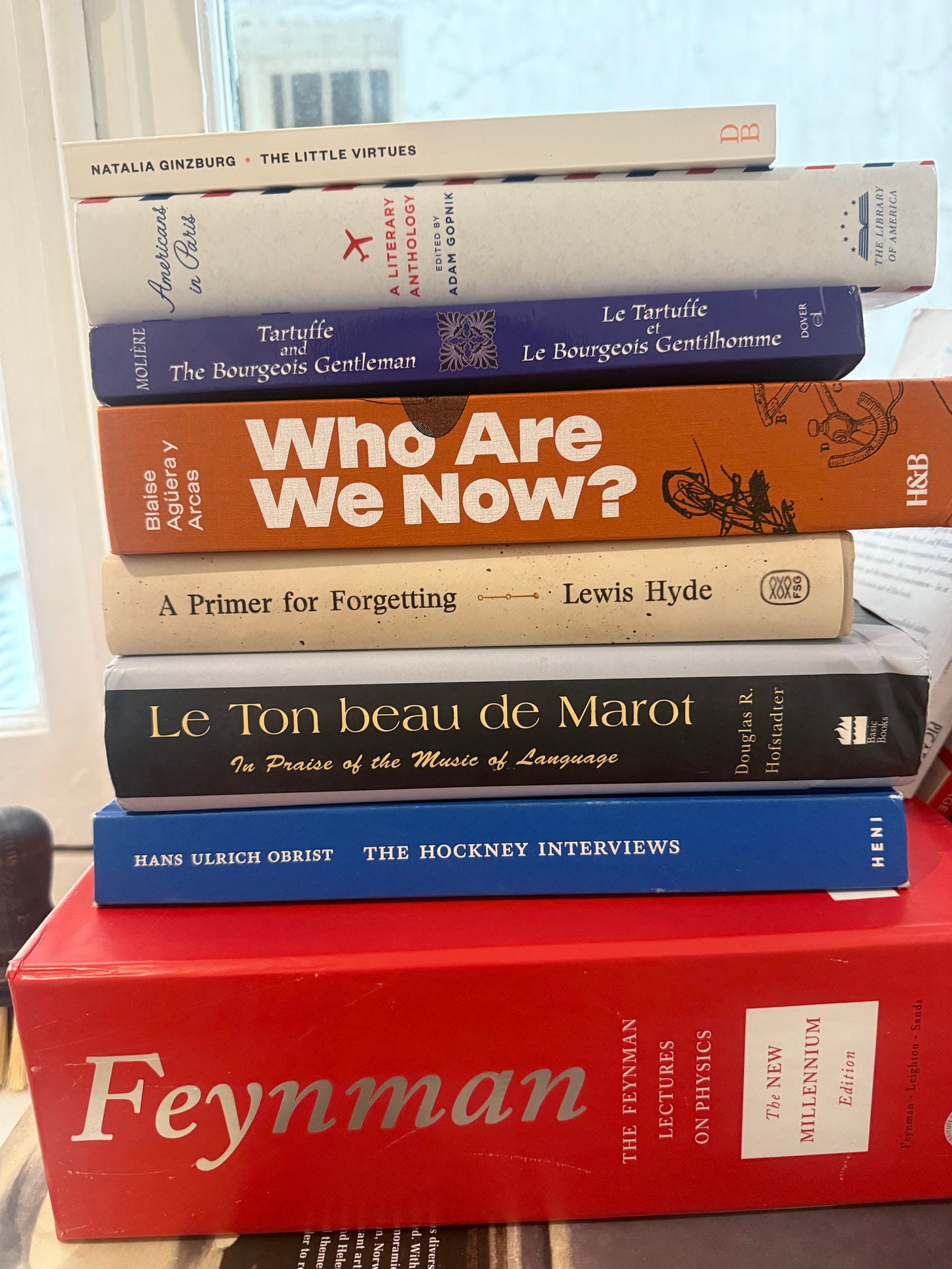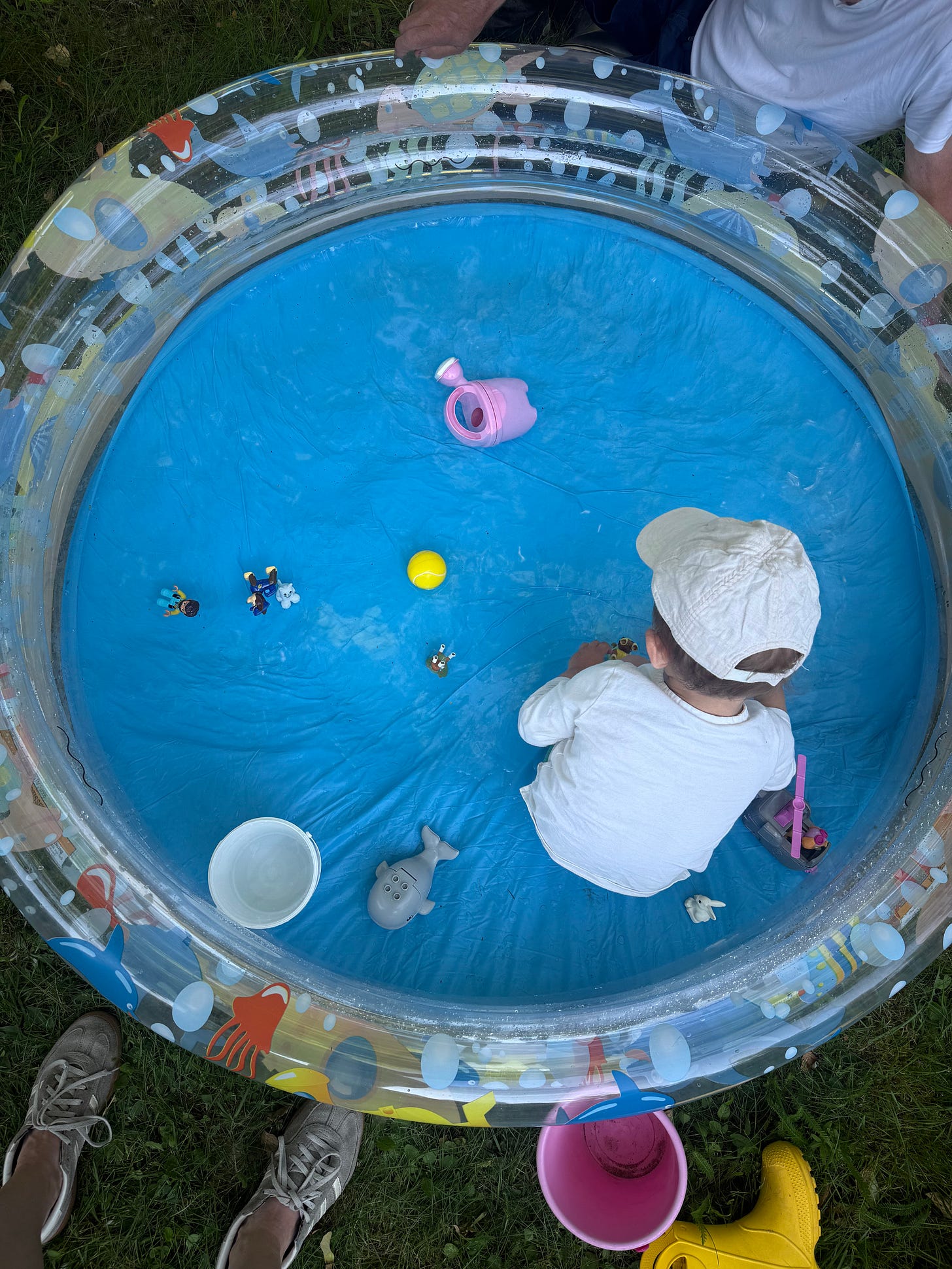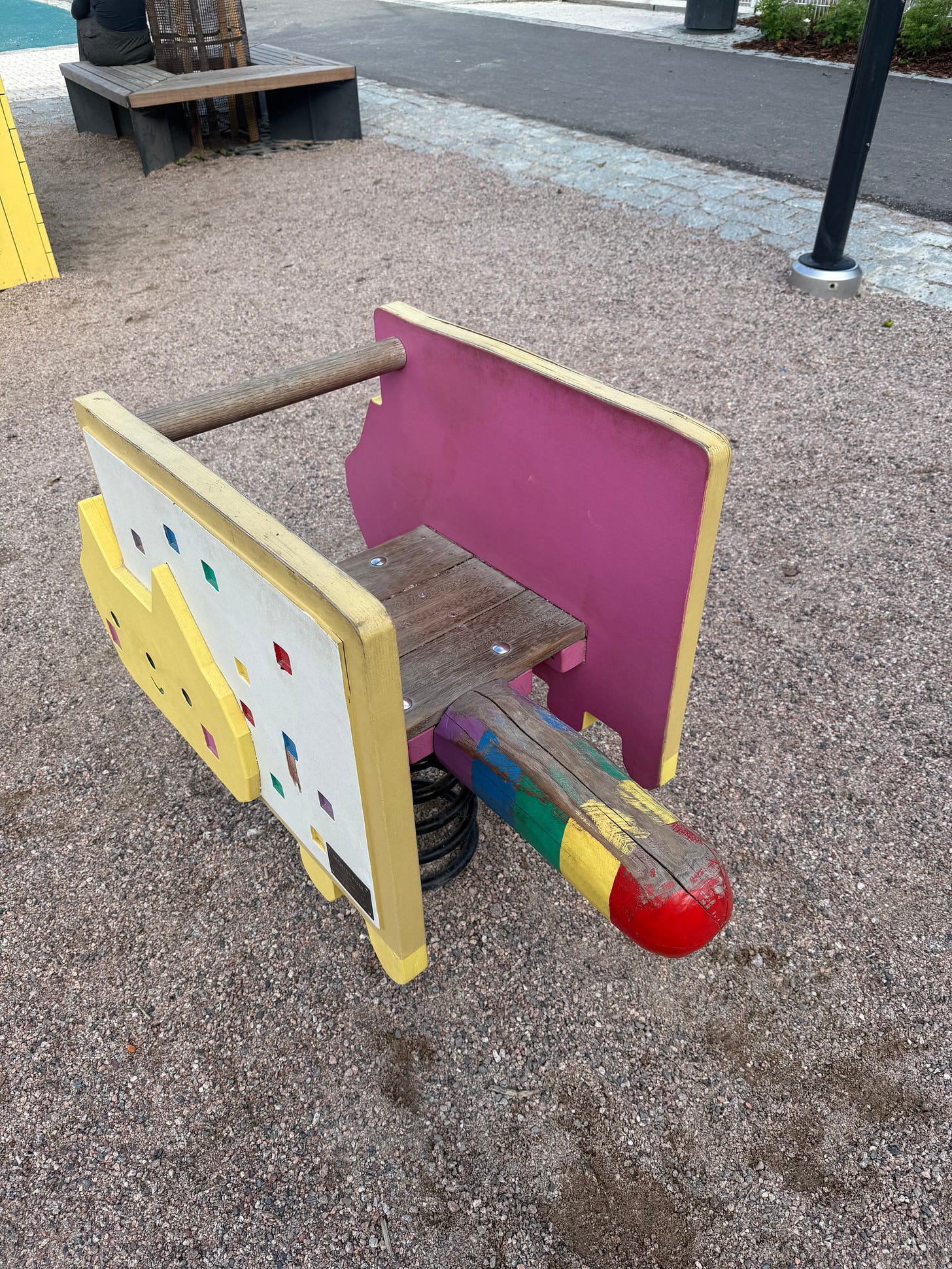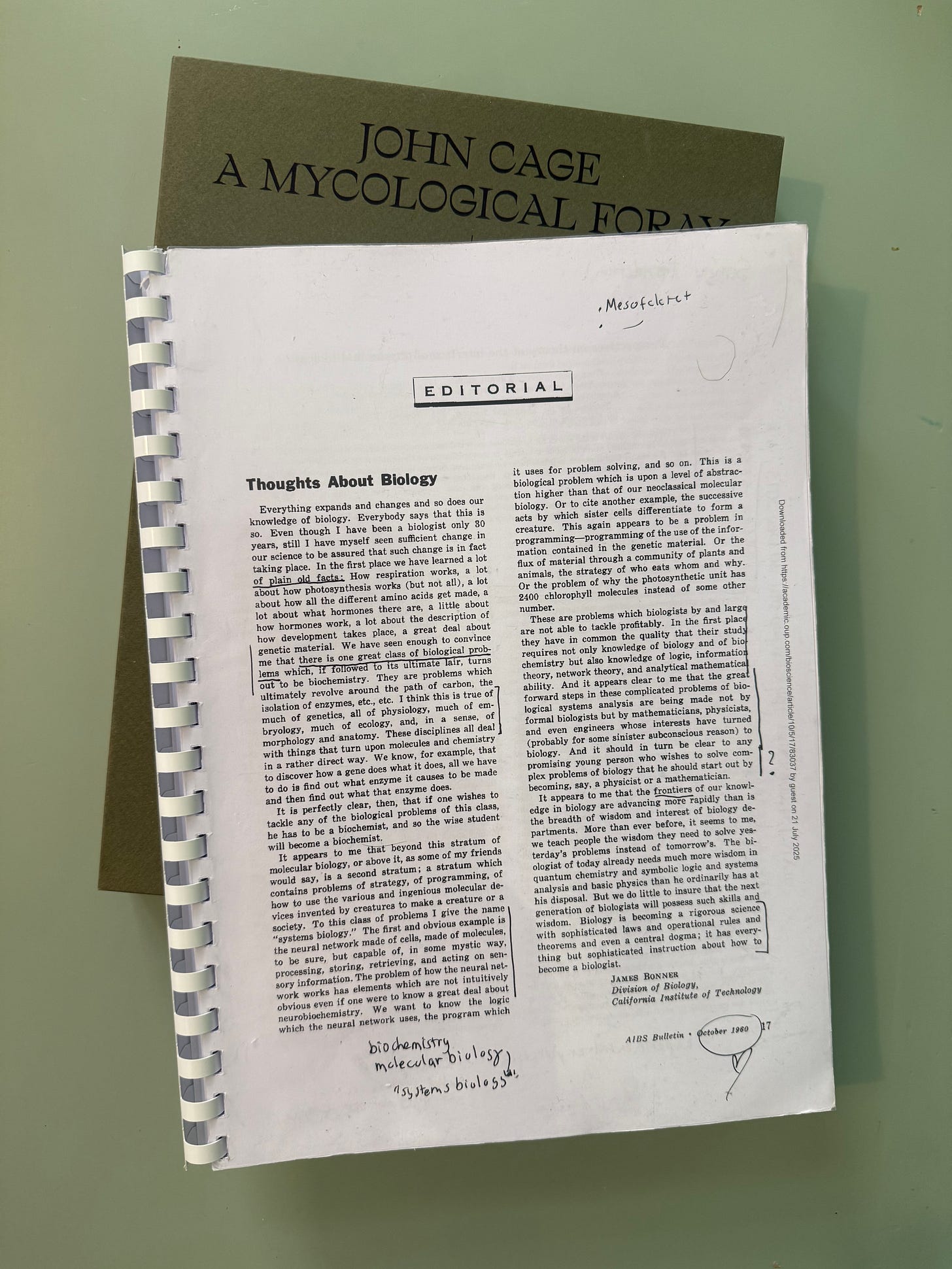No. 110 — Papert’s Principle ⫶ Computers got weird ⫶ Calder Gardens
large, uncompromising feeling
My name is Linda. I write a bi-weekly newsletter about computer science, childhood, and culture.

France runs on eight-week school cycles: six to study, two to rest. As the first break nears, I am surprised by how reassuring the rhythm is.
I spent last week in Tampere leading a full-day AI workshop for educators from across Europe. These sessions let us move past inspiration into practice, and I always learn from the realities of the classroom. If your school, municipality, or organization wants something similar, send me a note. And you can still tune in for my Wednesday talk AI as our multiple-choice test.
1.
I joined Samuel Arbesman on Orthogonal Bet podcast to talk about how children, educators, and cities can relate to computing. I also made a case for reconnecting computing with early-childhood traditions like Piaget, Papert, and Reggio Emilia, and for restoring a bit of historical memory to a tech culture that forgets its own origins.
If you enjoy smart, cross-disciplinary discussions, this podcast is for you. Some of my favorite episodes: Nadia Asparouhova, Chaim Gingold, Ben Reinhardt, Adrian Tchaikovsky, and Omar Rizwan.
2.
Speaking of Piaget: I finished The Fractalist: Memoir of a Scientific Maverick a few days back (thank you, Diana, for the recommendation!). Benoit Mandelbrot’s story was marvellous (“Woe to the poet born in an interesting piece of geography in a violent time”), and to my surprise he also spent 1955–1957 in Geneva to collaborating with Piaget at the International Centre for Genetic Epistemology.
3.
We finally read Margaret Wise Brown’s classic The Dead Bird (with tender illustrations by Christian Robinson). It was moving to watch my three-year-old encounter death for the first time. After we finished, he wanted to replay the burial and the singing, again and again. This is a new kind of reading joy for me too: it reminds me of large, uncompromising feelings of my own from when I was his age
4.
History rides again. I love this credo from Robin Sloan: “One really must not become insensate to the fact that computers got super weird, super fast.” Whenever I work with educators, I try to explain this gargantuan shift.
5.
Calder Gardens looks amazing: Philadelphia, Alexander Calder’s work, nature, art, and architecture. From The New Yorker: “In Philadelphia’s Calder Gardens, a Dynasty Comes Home.”
6.
Marvin Minsky came up with the term “Papert’s Principle” to describe how some of the most crucial steps in mental growth are based not simply on acquiring new skills, but on acquiring new administrative ways to use what one already knows. It reminds me of the discussion around LLM agents and makes me hope we will one day have tiny Papert controls built into our models..
7.
Alison Gopnik is giving a talk at the Santa Fe Institute on October 21, 2025 7:30 PM (also streaming on YouTube). I think Gopnik is such an interesting thinker and I like how she jumps between computer science and early childhood in such a seamless way.
The extended human childhood allows a period of protected broad-ranging exploration and truth-seeking, adulthood allows exploitation and resource gathering, and post-menopausal elderhood allows caregiving and cultural transmission. Each period involves motivations and computational capacities that are in tension with those of other periods, but the full suite of development allows for maximal adaptation to changing and variable environments. The human life history offers lessons for AI, suggests Gopnik. Different types of AI enable different capacities: intrinsically motivated reinforcement learning can help enable exploration and truth-finding, while Large Language Models are means of cultural transmission.
8.
My reader notes are the best. This is such an interesting observation:
I’m interested in childhood-based approaches to learning for adults, myself included. I learned in Gabriel Winer’s book Fluent Forever that each language has an order in which all students learn its verb tenses—both native child speakers and second-language-learning adults. Nobody who learns english understands “she dances” before “she IS dancING.” I want to understand coding like a kid does.


